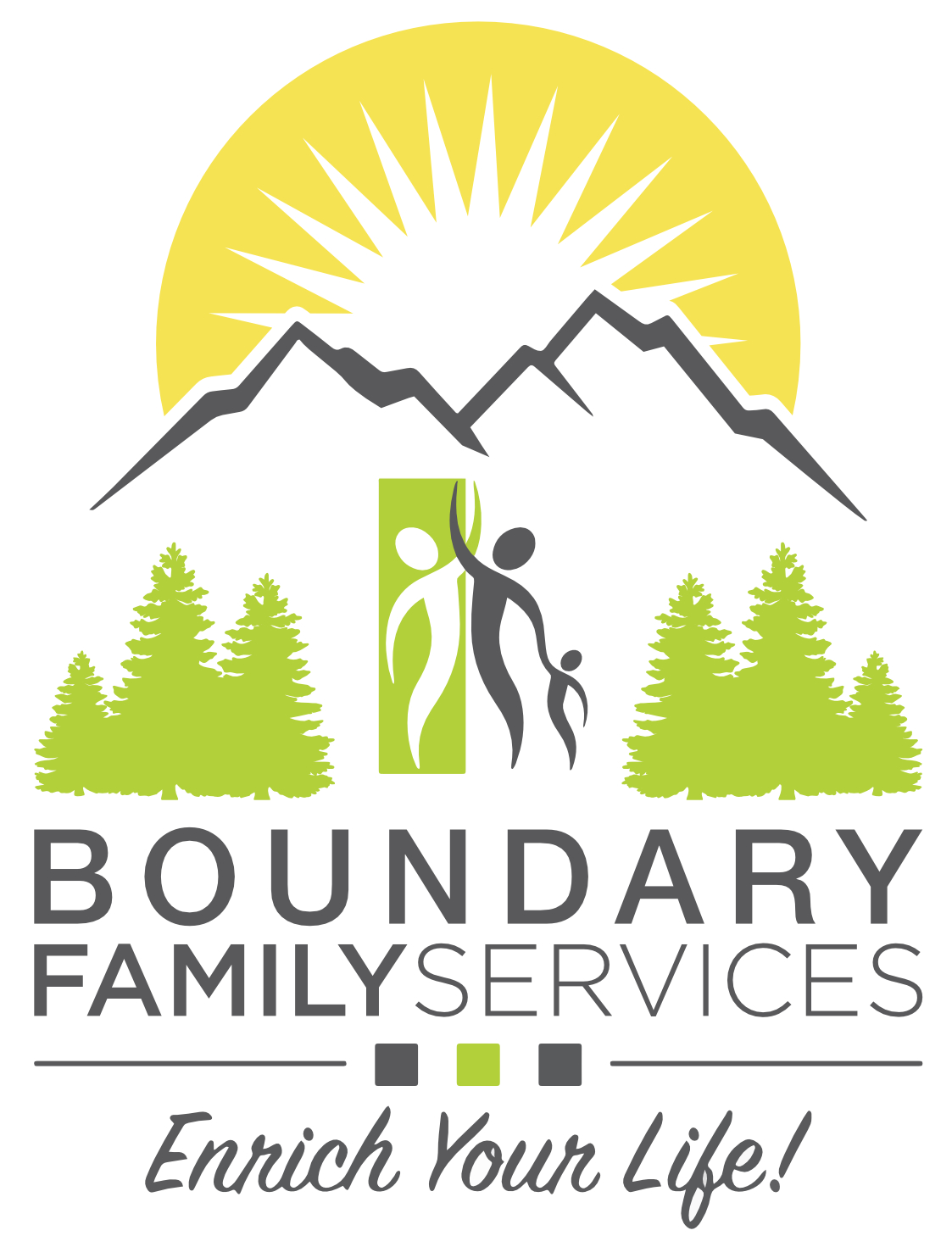Performance & Quality Improvement
Boundary Family Services is committed to systematically evaluating the quality and outcomes of services it provides for making the necessary changes to improve its services.
What is PQI?
Performance Quality Improvement (PQI) is about assessing and improving overall performance of programs and services and meeting standards that promote quality outcomes. The PQI process is staff driven although it includes support and input from all levels of the organization, including the Board of Directors, management and other stakeholders.
PQI provides a vital way to assess and monitor the delivery of services to ensure that they are consistent with best practice principles.
Goals of PQI:
- To contribute to organizational effectiveness by providing opportunities for all personnel to be involved in leading and promoting positive change within the organization
- To develop continuous improvement strategies in an effective feedback and reporting system that involves all stakeholders and to undertake a comprehensive review of organizational functioning
- To contribute to organizational effectiveness by continually seeking ways to improve upon our quality, participant-centered services
- To demonstrate organizational accountability to all stakeholders through a well designed system of measurable outcomes
- To create a continuous quality improvement process which stakeholders regard as positive and successful
- To implement best practices in all aspects of our organization
Support for PQI:
All employees of Boundary Family & Individual Services Society (BFS) are responsible for the quality of the Society’s work and for maintaining and improving quality. Participation in PQI is part of each employee’s responsibility and is explained to new employees during orientation. All staff are encouraged to become involved by bringing suggestions or concerns directly to the PQI Team before any of their quarterly meetings and by completing the annual employee survey.
Ways that management has insured that staff can participate in PQI include:
- Core Training Modules
- Annual Program Evaluations
- Regular Staff Meetings
- Annual Performance Evaluations
- Annual General Meeting
- Strategic Planning Events
Outcomes Measurement
BFS develops program outcomes in conjunction with funding partners, such as the Ministry of Children and Family Development. Desired outcomes are typically incorporated into the contracts for service. Individual participant progress and program effectiveness will be measured for every program BFS offers.
A fundamental component of outcome design is the ability to measure participant change by comparing participant information at the end of a service delivery cycle to information collected before or at the very beginning of service intervention. Pre-measures are measurements of participant and/or program information taken before any or most of the service delivery and/or intervention processes have been delivered to the participant. Post measures are measurements of participant and/or program information taken immediately after service delivery and/or intervention processes.
Pre-measures are collected during initial assessment; interim measures are collected throughout the service or treatment; post and follow-up measures are collected at the completion of service, including short-term outcomes. Where applicable service plans may include an after-care plan which is developed with input from participants and their families.
Outcomes Measurement Tools:
Any of the following tools may be utilized for collecting data for outcomes measurement:
- Face-to-face interview
- Standardized tools (Global Assessment of Functioning (GAF) and Children’s Global Assessment Scale (CGAS)
- Information provided by the following resources
- Family, caregivers, foster parents
- Probation officers, social workers and teachers
- Other therapists, clinicians and counselors
- Participant goals and outcome statements
- Exit surveys
Types of Outcomes and Goals
- Change in clinical status
- Change in functional status
- Change in health, welfare and safety indicators
- Change in permanency of life situation
- Other quality of life indicators
Our Programs & Services
Boundary Family Services provides a wide variety of programs to meet the interests and needs of children, youth and families throughout the Boundary with the main hub being the Glanville Family Centre in Grand Forks. Some programs require an appointment while other programs are open for drop in. Accessing most programs just requires that you contact us for an intake appointment or drop in time but some programs have specific guidelines and require a referral.
Please call or email us to discuss interest and eligibility.
